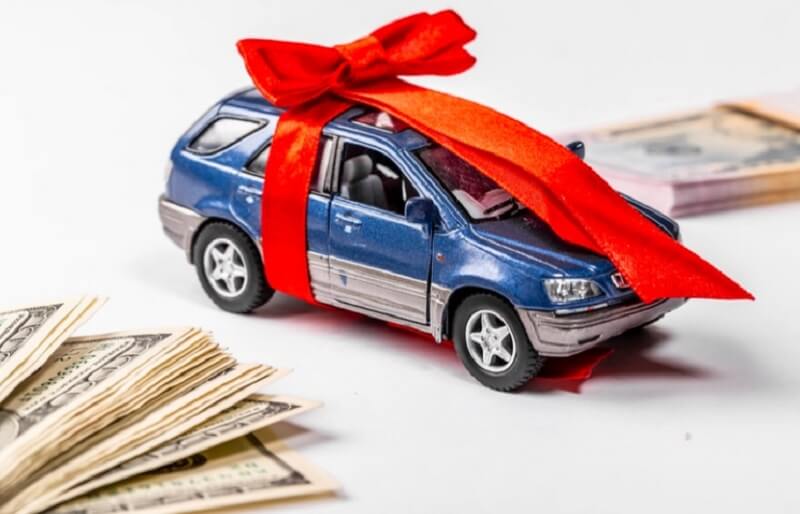You can spend a lot of time trying to figure out whether private car leasing or contract hire makes sense or not. Thousands of drivers like you choose this option every year. It’s one of the most popular alternatives to buying a car.
Sounds quite tempting, doesn’t it? Well before you jump right in, it’s always good to know the facts first.
What Exactly is Contract Hire?
This type of leasing allows you to enjoy a brand new car without actually owning it. Instead, you make monthly payments over time. How much time depends on the contract hire agreement. Typically, two to four years. Payments are based on the difference between the retail price and the value of the car once the lease expires.
Here are Some Common Leasing Scenarios
Personal Contract Hire
The most common scenario is called a personal contract hire (PCH) agreement. Here’s how it works: Let’s say you decide private car leasing is the best option for you. Once you decide on the make and model of the car. You sign a contract with the dealer for a predetermined amount of time. You will also agree to make your monthly payments on time. Once your contract expires, you must return the car. Remember you are leasing the car you don’t own the car. The term “hire” in this example would apply to the car itself. So you are “hiring” the car to drive for a specific amount of time.

Once you return it you can either walk away or choose to lease another car. Every private car leasing agreement also has a stipulation that can be very costly. You are only allowed to add a certain amount of mileage while under contract. When it’s time to turn the car in, if you’ve exceeded that predetermined amount, the car dealer will charge you a penalty.
Another important point to be aware of is if you’ve damaged the car beyond what is considered normal wear and tear, be prepared to fork over a tidy sum of additional cash.
Personal Contract Purchase
Personal Contract Purchase You do have another option when it comes to private car leasing. It’s called personal contract purchase or PCP. This agreement is identical to the PCH agreement explained earlier except for one thing.
Instead of turning the car over at the end of the lease period, you can purchase the car instead. The purchase price of the car is already estimated when you first enter into the PCP agreement. The dealer fixes the purchase price based on the residual value of the car at the end of the leasing agreement.
If you decide you want to purchase the car at the end of your agreement, you would have to pay the entire amount upfront. If you don’t have the financial means to do so you can choose to turn in the car instead.
Which private car leasing contract is the best fit for you? That depends on your situation and choice.
If you’re not interested in actually owning a car at any time during or after the contract expires. Then obviously contract hire is the best option. If on the other hand, you know once your lease expires you’re going to buy the car. Then the PCP option is the way to go. Even so, you will have the option to not purchase the car and instead lease another car or just walk away. The choice is up to you. Private car leasing is not a difficult process. It offers a lot of financial flexibility and allows you to drive the car of your choice. You also avoid the higher costs associated with buying a vehicle.

